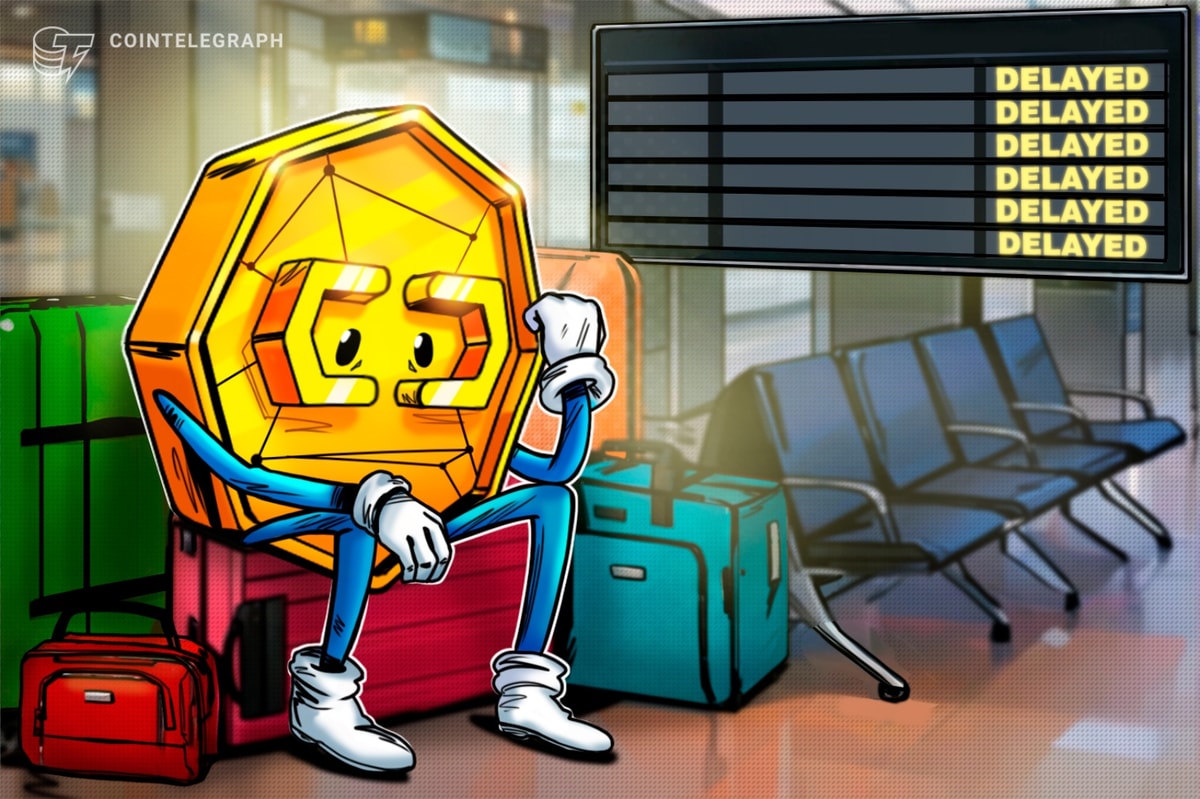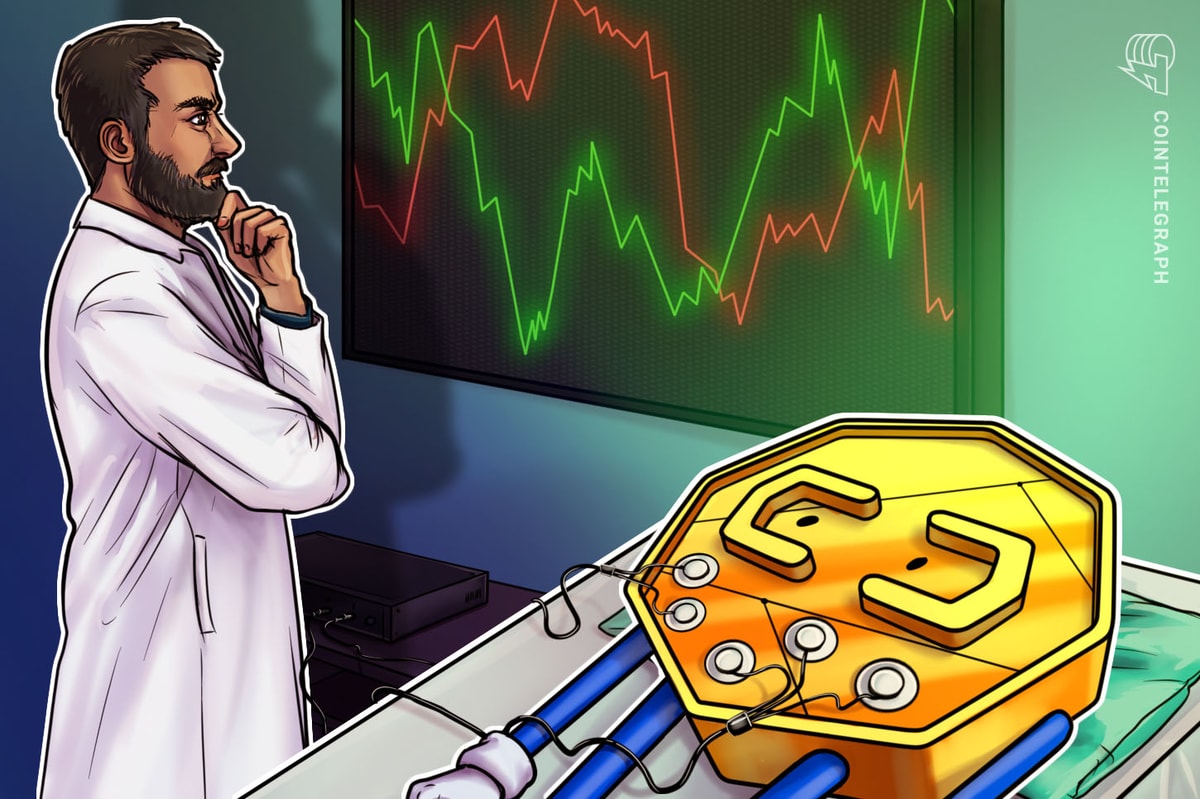In 2023, decentralized physical infrastructure networks (DePINs) started gaining traction with major manufacturers worldwide to integrate physical world infrastructure with blockchain technology.
DePINs are blockchain protocols that use cryptocurrency tokens to incentivize the creation and operation of physical infrastructure in a decentralized manner. It is increasingly associated with the Internet of Things (IoT).
According to data from digital asset marketing intelligence firm Messari, the DePIN market has a current valuation of nearly $2.2 trillion, with a trajectory that could see it reach up to $3.5 trillion in the next four years.
The technology has facilitated developments such as the Peaq Network blockchain tokenizing a fleet of Teslas through the use of DePIN technology or Bosch’s recent efforts with the European Union to build a decentralized IoT.
Some have even speculated that DePIN technology will be one of “this decade’s most important crypto investments.” However, the widespread emergence and integration of artificial intelligence (AI) over the past year raises the question of compatibility between these two technologies.
Leonard Dorlöchter, the co-founder of the Peaq Network, told Cointelegraph that he sees the DePIN sector as “set to blossom in 2024,” which is “inherently linked with the AI boom.”
“Think of it: AI enables machines to function as independent economic agents creating real-world value, and the DePIN model creates an ownership and value distribution framework for that, enabling owners of AI-powered devices to earn from their activities.”
Dorlöchter called the DePIN/AI combination a “match made in heaven” and predicts 2024 will be a year that “fundamentally changes the way we manage and interact with AI-powered machines.”
Related: ‘107,000 GPUs on the waitlist’ — Io.net beta launch attracts data centers, GPU clusters
Hatu Sheikh, the chief marketing officer of DAO Maker, said DePIN and AI are poised to be the “power duo” of 2024 because they “complement each other in the most efficient way possible.”
Sheikh pointed out how DePINs have emerged as a “game-changing solution” that addresses the many faults of traditional centralized computing models to achieve scale securely.
He said the strengthened and optimized computational power DePINs allow will serve AI algorithms requiring massive amounts of power.
“A robust and sophisticated AI, empowered by such enhanced capabilities, is poised to revolutionize every industry and service area around us, including healthcare, manufacturing, finance and entertainment.”
Magazine: Top AI tools of 2023, weird DEI image guardrails, ‘based’ AI bots: AI Eye











